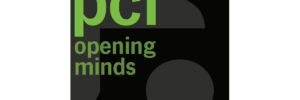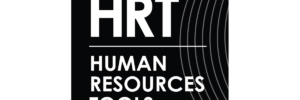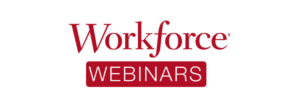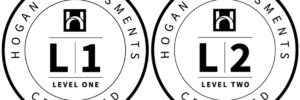
*This post was authored by Gillian Hyde, Director at Psychological Consultancy Ltd. Destructive leadership can take many forms, from the specific counterproductive tendencies associated with an individual’s dark side profile to a simple failure to take on the responsibilities of a leader. Register for the Dysfunctional Leadership Conference to hear these themes explored by experts… Read more »







